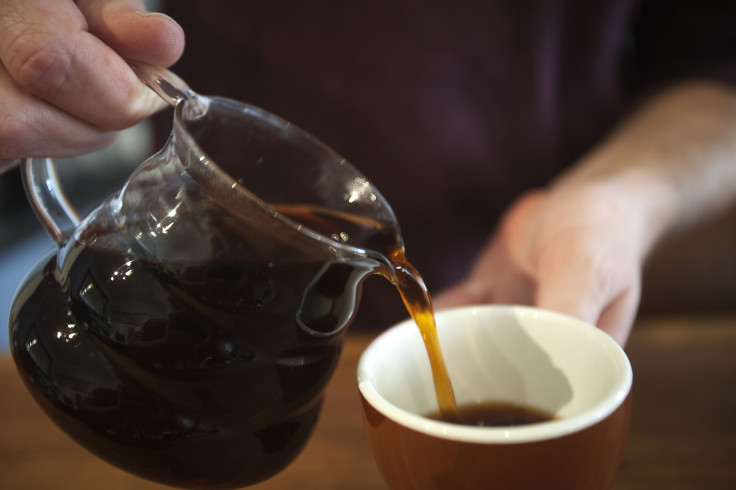Study: Caffeinated drinks at night can delay body clock by 40 minutes

While it has always been known that drinking caffeinated beverages in the evening can interrupt sleep, a new study shows for the first time how consuming caffeine at night specifically disrupts the internal circadian clock by as much as 40 minutes. Often referred to as the body clock, the circadian clock is a 24-hour cycle that tells humans when to get ready for sleep and when to prepare to wake up.
The study, led by the University of Colorado Boulder and the Medical Research Council's Laboratory of Molecular Biology in Cambridge, England, reveals that the amount of caffeine in a double espresso or its equivalent three hours before bedtime, resulted in a 40-minute phase delay in the human biological clock. The results may help explain why caffeine-drinking people go to bed later and consequently wake up later, and may affect the treatment of some circadian sleep-wake disorders, said the study’s co-lead author Professor Kenneth Wright. He co-led the study with John O'Neill of the Medical Research Council's Laboratory of Molecular Biology in Cambridge.
The team asked three females and two males to go through a double-blind, placebo-controlled 49-day protocol. The participants were tested under four conditions: low light and a placebo pill; low light and the equivalent of a 200-milligramme caffeine pill dependent on the subject’s weight; bright light and a placebo pill; and bright light and the caffeine pill. During the study, saliva samples of each subject were tested periodically for levels of the hormone melatonin, produced naturally by the pineal gland when directed to do so by the brain’s master clock.
In the study, it was found that those who took the caffeine pill under low-light conditions were found to have a roughly 40-minute delay in their nightly circadian rhythm compared with those who took the placebo pill under low light conditions. The scale of delay from the caffeine dose was about half that of the delay induced in test subjects by a three-hour exposure to bright, overhead light, the team claimed.
They also discovered that bright light alone and bright light combined with caffeine-induced circadian phase delays in the test subjects of about 85 minutes and 105 minutes, respectively. The new study is seen to provide new and exciting insights into the effects of caffeine on human physiology, said Wright. Among other benefits, it can help travelers to properly time their caffeine use to overcome what is referred to as jet lag, a sleep disorder which occurs when a person flies across multiple time zones.
Contact the writer at feedback@ibtimes.com.au or tell us what you think below.






